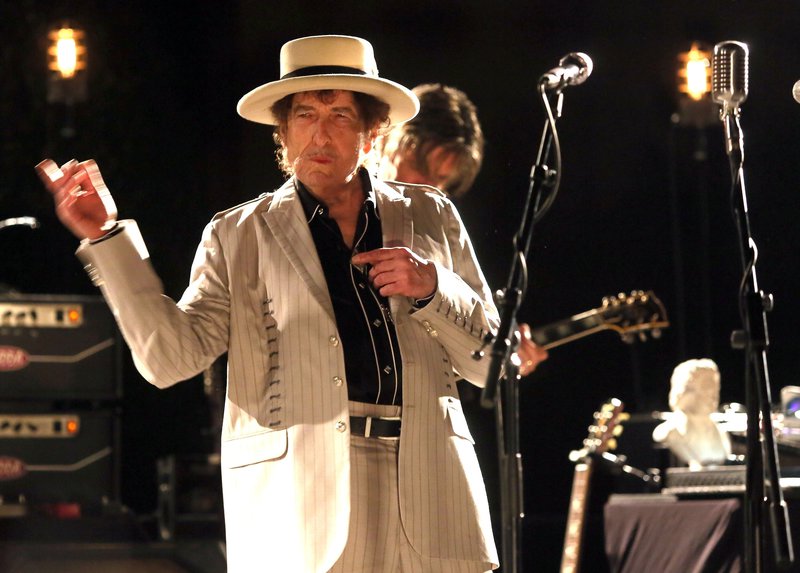Tribune. brett hetherington
Journalist and writer/ www.bretthetherington.org
I have to ask: where have all the sad and angry songs gone?
I heard a French song on the radio the other day. It sounded like one of those lovely ballads from around the time of the Second World War, and it had a melody and lyrics that were sung with just enough melancholy to somehow have a tinge of hope to them as well. Just as with some songs in languages that are not in our native tongues, it was exotic enough to alter my mood and get me thinking of very recent English language comparisons. I couldn't think of any.
This French song had the flavour of a kind of protest song. Not a politically militant song, but you could tell that it's world weariness came from the destruction that the singer had seen or possibly even lived through. You could almost hear the hunger for a good steak or a roast chicken in her voice. In fact, it could have been hunger for love but I got the impression from her frustrated tones that it was something more than a private, personal anguish that was eating at her. She had blame in her voice – accusation and the fire of (dare, I use the word) indignation.
“How had things got to this point?” she seemed to be demanding to know.
This is a question too for our current era. As Europe convulses with doubt about its own existence as an entity, I have my own queries about popular culture. I want to know why I don't hear songs on mainstream radio that reflect the temper of the time. Today, who is singing about society's ills?
According to The Guardian newspaper music journalist, Luke Morgan Britton, “most bands regard social commentary as career self-sabotage [and] alternative artists are increasingly silent about activism.” While it's true, as he argues, that in the charts “there have been hits reconfiguring female sexuality, videos promoting positive body image, as well as LGBT anthems” I have heard nothing that reflects the range of social movements working against government austerity, poverty, homelessness or justice for tax-avoiders and rogue bankers.
It wasn't always this way, of course. In the last half century alone, popular music has given us the honest power of Bob Dylan's early career and a host of other music-industry civil rights campaigners. They must be listening to the egotistical prattle and posturing of this century's brand-name sponsored hip-hop/R&B acts - who claim to speak for the oppressed – and the older activists would have to be wondering where and when it all went so badly wrong.
In the more affluent years of the 1980s and 1990s, social problems were represented with sharp urgency through well-known singers like Bruce Springsteen, Billy Bragg, Sinéad O'Connor, Elvis Costello, Kate Bush and Peter Gabriel. Even bubble-gum pop duo Wham did a benefit concert for striking miners back in the Thatcher years.
I am probably out of touch with some of the more underground sides of the cultural landscape but one of my interests is music as a source of social change – especially in its power to change the minds of ordinary people, beyond just preaching to the converted. To do this, mainstream media is necessary.
When I again hear music on the car radio that gets me questioning things I will be (for a few minutes) a happy man once more.

